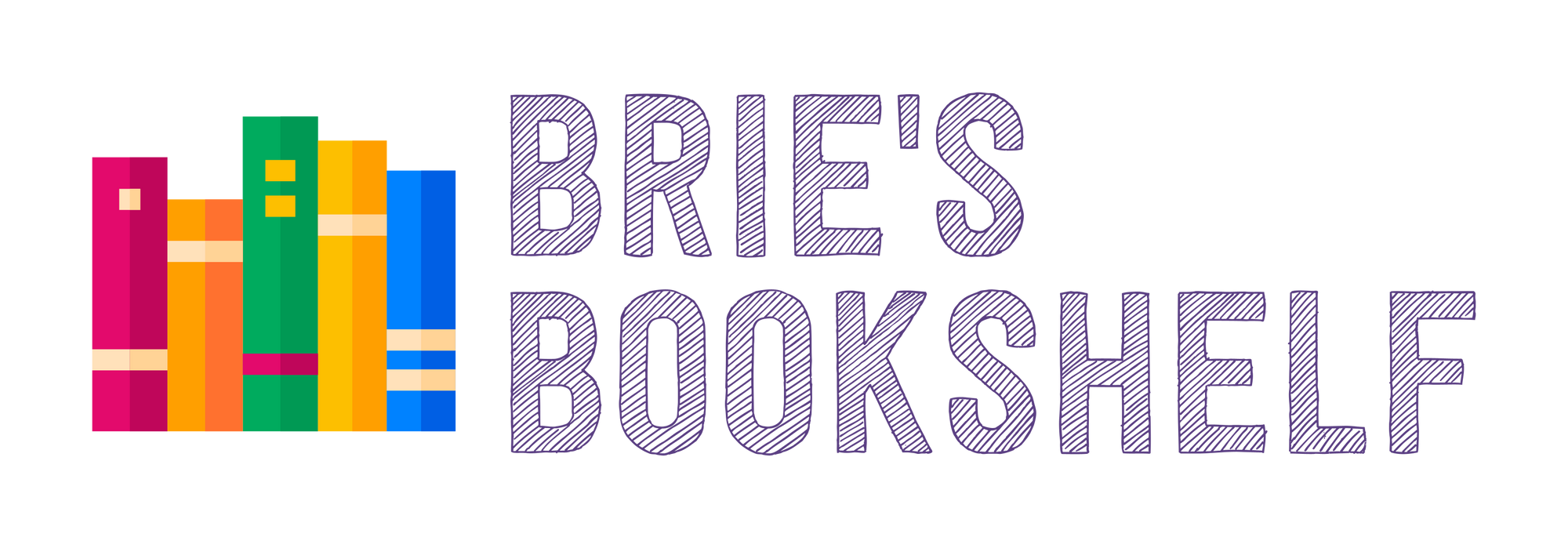Paper towel kindness
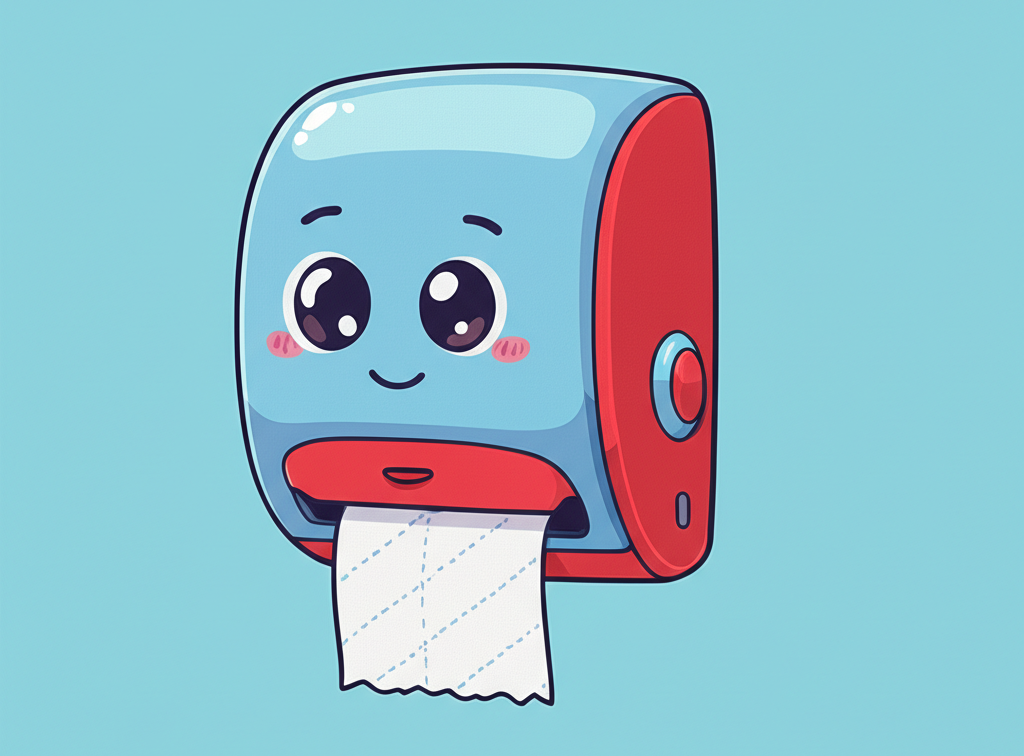
After Brianna finished using the potty before brushing her teeth tonight, she began recklessly slapping the toilet paper roll so it would spin, sending a silky scarf of TP rippling toward the floor. I stopped the unfurling and asked Brie to not waste toilet paper. She agreed and proceeded to wrap up her business.
Afterward, Brie told me at school, she likes leaving a bit for the next kid.
"Toilet paper?" I asked.
"No, paper towel. I just put my hand underneath it and some comes out. When I'm done, I put my hand underneath it again so a piece of paper towel comes out for the next kid and they can just use it."
"Wow," I said laughing. "That's such a nice thing to do. Where did you learn that? Did you think of that on your own?"
"Of course, Dad," Brie said. "What do you think? I wasn't born yesterday!"
We proceeded with the rest of her bedtime routine, but I couldn't get over this little tidbit of information my 6-year-old daughter just shared with me. I'm endlessly amused by it. I'm also so heartened by it.
Until now, I've always feared what my eldest daughter would do, say, think and feel in secret, beyond my purview, as she grows older. I let my own experiences and propensity for melancholy imbue my expectations, and I became sad at knowing I wouldn't always be by her side to help.
But Brie's throwaway anecdote about her little covert bathroom practice reminded me that I don't have to be afraid of everything she'll do, say, think and feel in secret. I realized that some, maybe many of those hidden things will be good, probably the best.
I'm sad that I won't always be by her side to witness those best things and to smile, be in awe and tell her how proud I am of her in those moments. But that's fine. What I do get to witness is more than enough.
Things I have thoughts about:
- Children's clothes with sequins and glitter: It took me way too long to develop an appropriate level of hate for these things. If you're new to the game, don't be like me: avoid these things at all costs unless you want to find sequins and glitter in your dryer, floors and car for the rest of your life. These garments are sent from the deepest levels of hell.
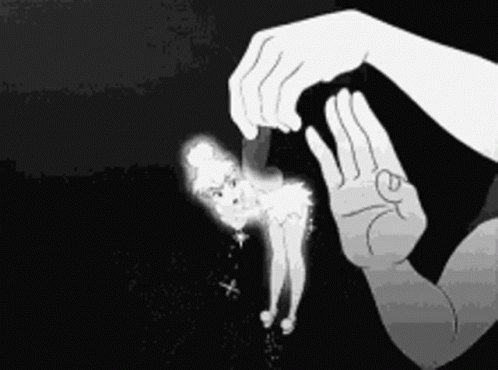
- Music: Over the past year, I've found myself relishing Christian post-hardcore music, mostly from two bands: American Arson and Attalus. In particular, I've been hooked to American Arson's LP "Sand & Cinder // Tide & Timber" and Attalus' concept album "Into the Sea." More recently, I've also enjoyed Forrest Frank, who's more of the pop/hip-hop variety.
If you're interested, I (try to) update a small Spotify playlist of Christian songs I dig. (I swear none of it is too boring or heretical.) - Teacher Appreciation Week: It's TAW, which means I have a totally valid excuse to reiterate how much I admire teachers for what they do. We absolutely adore and appreciate Danielle's (first!) teachers at her day care, and no one loves Brie's kindergarten teacher more than Brie herself. So if you somehow haven't celebrated this special week yet, ̶s̶h̶a̶m̶e̶ ̶o̶n̶ ̶y̶o̶u̶ you have a day left to do so!
Thank you, teachers, for all you do.
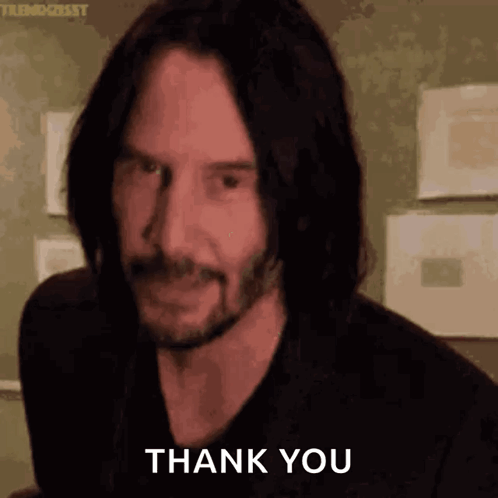
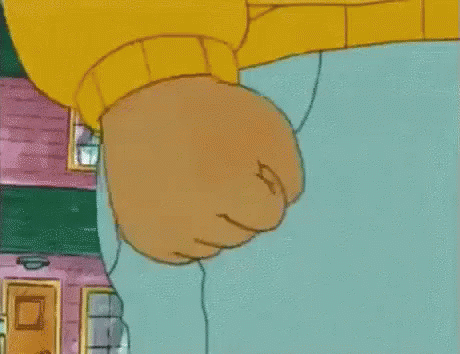
Things Brie has enjoyed lately:
- Dogs: The obsession is intense. She even has a group of friends at school she calls the "Woof Woofs."
- "Pink Pony Club": How do kindergartners know a song by Chappell Roan? Well, they do. It's all Brie wants to listen to and hum. She's almost mastered all the lyrics. I don't know how to feel about this.
- Talking sternly to Mom: I won't divulge too much here, but I am VERY amused when Brie uses a serious tone, widens her eyes and tells Mom she shouldn't be doing this, or shouldn't be saying that, or that she should pay attention to their kindergarten graduation song because it mentions the importance of being kind and that children see everything parents do.
- "Bluey": It took her long enough, but Brie finally, truly, fully loves "Bluey." It's all she wants to watch when she gets screen time, and she devours all the "Bluey" books we have at home. She lists about 15 episodes as her "favorite" and can recount nearly every scene. I'm not mad about this at all.
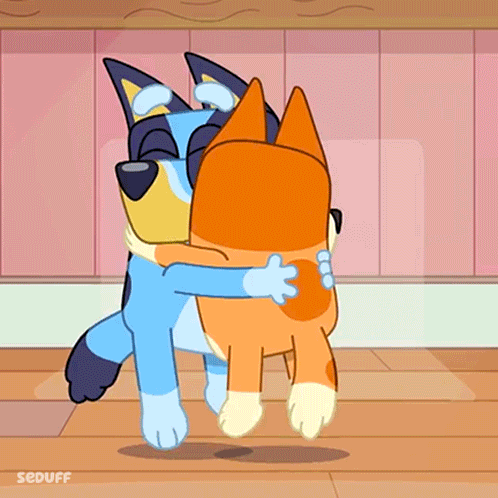
Things Danielle has enjoyed lately:
- Eating: Our little tank of a girl is enjoying solids and eating well on her own. It's a delight seeing her dance as she eats and clearly asking for more of this but no more of that.
- Kissing and patting: She's so affectionate. Danielle can't help herself from kissing and patting any doll she holds, and she's always kissing and patting Brie (sometimes immediately after she take at her, but we'll work on that). This week she's been pressing her face in between the slats of her crib so she can kiss us before she sleeps.
In case you missed it...
Thanks for reading. Feedback is welcome! Please subscribe and share as you see fit.
